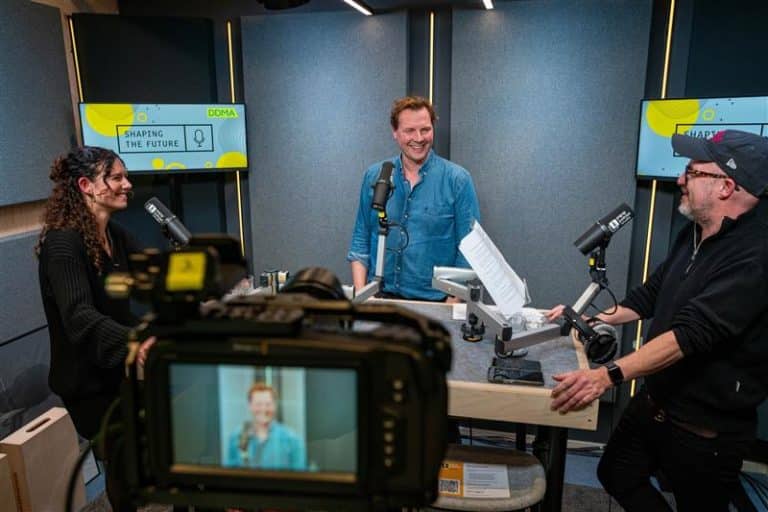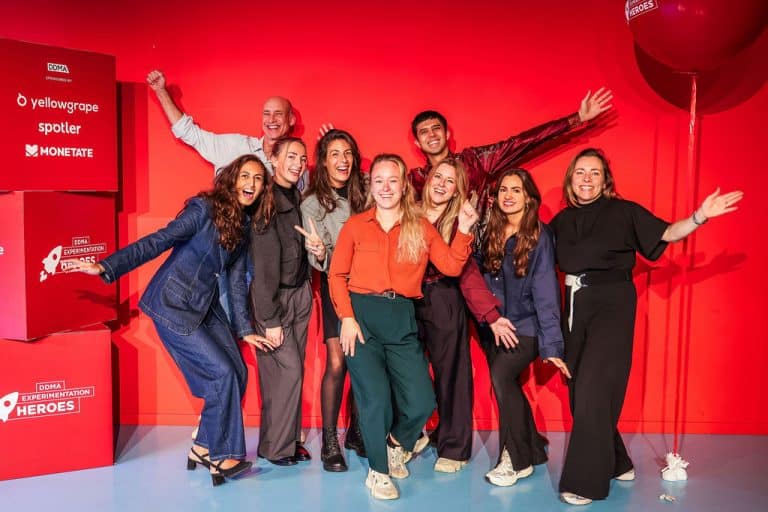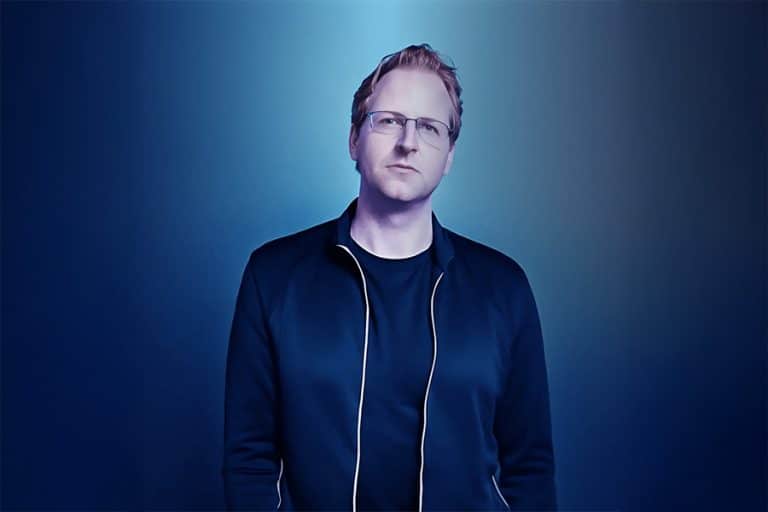Jan Karel Ekkel started as a CRO specialist at Kees Smit Tuinmeubelen five years ago. He soon expanded his focus and became the product owner of the webshops. He has always remained active in the field of experimentation and optimization, with a strong focus on data-driven work. He does everything he can to get the organization on board with this approach. For example, together with his colleagues, he set up the ‘Brainstorm Bistro’—a cross-departmental brainstorming session to come up with ideas for improving the webshop, aiming to create more support within the organization.
According to Jan Karel, experimentation must go hand in hand with product ownership: “You can’t be a product owner without knowing what needs to be improved.” It is important not only to look at the data but also to gather the right people around you to collectively set the right priorities.
What is your superpower? What makes you a real experimentation hero? Can you give a concrete example of a successful test/experiment and explain how your superpower helped? Why are you proud of it?
“My strength? Rationality and a constant drive for improvement—both in my personal life and at work. Everything can always be better, but “better” doesnʼt just mean what you think; itʼs what you can back up with facts.ˮ
A concrete example: We applied the anchoring effect on the category pages by showcasing a more expensive, popular product first. This worked well, but another department felt the selected products came across as too pricey. Instead of sticking with what we had tested, I took a critical look: too low had already been proven ineffective, but what happens with an anchor just above the average order value? I didnʼt have an answer, so we tested again. The result? No significant differences between those two anchors. This way, we found a middle ground that satisfied both the data and the organization.
Who or what is your biggest enemy in your approach to experimentation? What are your biggest challenges? What do you struggle with?
At the moment, enough support is being generated for experimentation. Internally, results are shared, and input is gathered. “When we receive suggestions for optimizations, the challenge is to remain neutral, so you can truly listen to the input from colleagues and departments.ˮ Itʼs often difficult to stay neutral, but you can solve this by gathering the right people around you. A team with a mix of personalities helps to leverage different perspectives. For example, I work with Dianthe Forkink, the creative force behind designing and setting up the tests, and Lena Groothuis, who executes and analyzes the tests with precision. This combination ensures a good balance and better results.
Self-awareness is essential here. Itʼs important to know your strengths and weaknesses. For instance, I tend to be quite direct and result-oriented, so it helps to have colleagues who are more open and connecting.
Can you name one or two key learnings that were true game-changers in your heroʼs journey through the field of experimentation?
There are three different learnings in the field that have been game-changers for the CRO maturity we have achieved today:
- Gather the right (and therefore diverse) people around you.
- Be data-driven, but with an open mind.
- Let people draw their own conclusions from factual data, as this will help you reach the same conclusion faster and avoid debate. When people draw their own conclusions from the data, little to no persuasion is needed—theyʼve already convinced themselves.
To what extent does AI influence your work? Are you already applying it concretely, and in what way?
AI has a significant influence on my daily work and has allowed me to perform many tasks more quickly. Additionally, I use AI a lot for data analysis and data processing, as well as for generating personas for brainstorming sessions.
What role does experimentation and testing play within your organization? Is it still isolated in silos, or is there already a true experimentation culture?
Experimentation has now taken on a prominent role within both the e-commerce and performance departments. Nothing goes live unless itʼs been tested.
What is the tip you would give to future Experimentation Heroes? How do you become an Experimentation Hero?
My tip for future Experimentation Heroes is: stay curious, ask questions, and keep asking until you understand. Every question you ask now will help you later. Donʼt just do what you have to do—aim for continuous improvement and adopt an attitude of never being fully satisfied. Of course, look for topics that interest you; that will make it happen more naturally. Always assume that the answer lies in the data, not necessarily within yourself.
Ook interessant

Podcast Shaping the Future: “Zonder experimenteren vaar je blind”

DDMA zoekt (Junior) Legal Counsel


